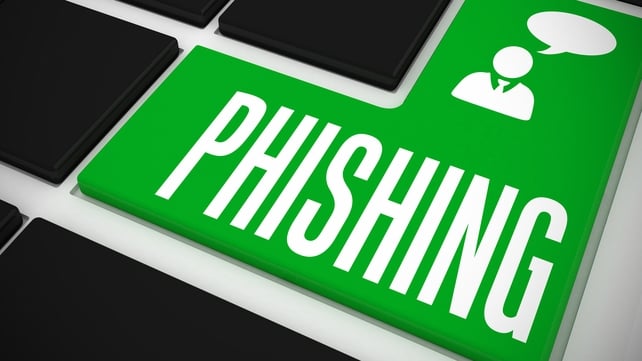Stay safe from scams
Scammers are getting increasingly sophisticated in their attempts to get your money or personal details. Be alert and protect yourself from being scammed by being aware of current scams
- Holiday home rental scam
Are you currently planning a holiday? If so, watch out for rental accommodation scams.
This is where scammers go to an online marketplace for property owners offering places for rent; copy the photos, addresses and other information from various listings and then use this information to put up a fake listing.
This scam is designed to get you to pay the full rental price or at least a sizeable deposit upfront. Always take time to research the person or company offering the rental property. Check if the property exists by looking it up on online maps. Use reputable websites and always check user ratings and reviews before you commit to a rental property. Also, when you are booking and paying you should to do so through a reputable marketplace website so your money is protected if something goes wrong. Never send cash or transfer money directly to the property owner.

- Lottery scam
Many reputable organisations and charities run lotteries and competitions. But some lotteries, sweepstakes and prize draws are actually scams designed to rip you off. Scammers might contact you by phone, letter, text, email, online or in person. They tell you that you have won a fantastic prize…but the small print tells a different story. To claim the prize, you are asked to send on your bank details so the money can be deposited into your bank account. Before doing anything you should stop, think and be very skeptical.
It’s impossible to win the lotto if you haven’t bought a ticket so if you receive a letter saying you have won without buying a ticket, ignore it.
Even if you did happen to purchase a lottery ticket while abroad, how could they have gotten your contact details? Even if the offer sounds good, check it out and see if it is genuine.

Always be wary of clicking on links in unsolicited emails, as even simply clicking on a link could mean you end up on a list, which scammers sell on to other scammers and you will be targeted again.
- Online scams
Sites where you can buy and sell goods and social media platforms are now popular places for scammers to trick people. A popular scam is one that targets consumers who are selling goods. For example, you may be selling an expensive pair of shoes online. Someone contacts you to say that they are interested in buying them. You agree to sell the shoes and later receive an online confirmation email from a well-known money transfer payment facility advising that you have received payment for the shoes.
Everything appears legitimate so you post the shoes to the buyer only to discover later that the payment authorisation email was fake.
When selling or buying something valuable online makes sure you use a secure method of payment, such as a credit card or PayPal.
Never send cash or use a money-wiring service because you'll have no comeback if something goes wrong.
Also, be careful when buying goods through social media sites. Research the site; its policies, look for reviews by other customers and be aware of the risk of doing business with a stranger.
 Microsoft PC scam
Microsoft PC scam
You get a call from someone claiming to be from a well-known IT company such as Microsoft. They ring to say that your PC/laptop has a virus or has been hacked. They then instruct you to download a file from a website so that they can gain access to your computer remotely to resolve the issue. This gives them a chance to access your personal details including financial information. In some cases they even ask for your credit card details to pay for their 'service'.
This type of scam is known as 'phishing'.
Scammers attempt to get personal details such as your bank account, credit card numbers, usernames and passwords from you. If they manage to trick you into handing over these details, they will then try to steal from you.
What to do if you come across a scam?
If you have been scammed out of money you should inform the Garda Bureau of Fraud Investigation on (01) 6663777 or contact your local Garda station immediately. If you handed over money by card and you think you have been scammed, you should also contact your bank or credit card company and tell them what happened.
Also let the Competition and Consumer Protection Commission know about the scam by contacting their consumer helpline on Lo-call 1890 432 432 or through their Facebook page so they can help spread the word and warn other consumers.
Title: Scams and how you can avoid them
Fergal O’Leary is Director of Communications and Market Insights at the Competition and Consumer Protection Commission (CCPC). The CCPC is responsible for enforcing competition and consumer protection laws across the economy. To help consumers make informed decisions it also gives independent, unbiased information about consumer rights and personal finance products and service through its consumer helpline 1890 432 432 and consumer website www.consumerhelp.ie.


